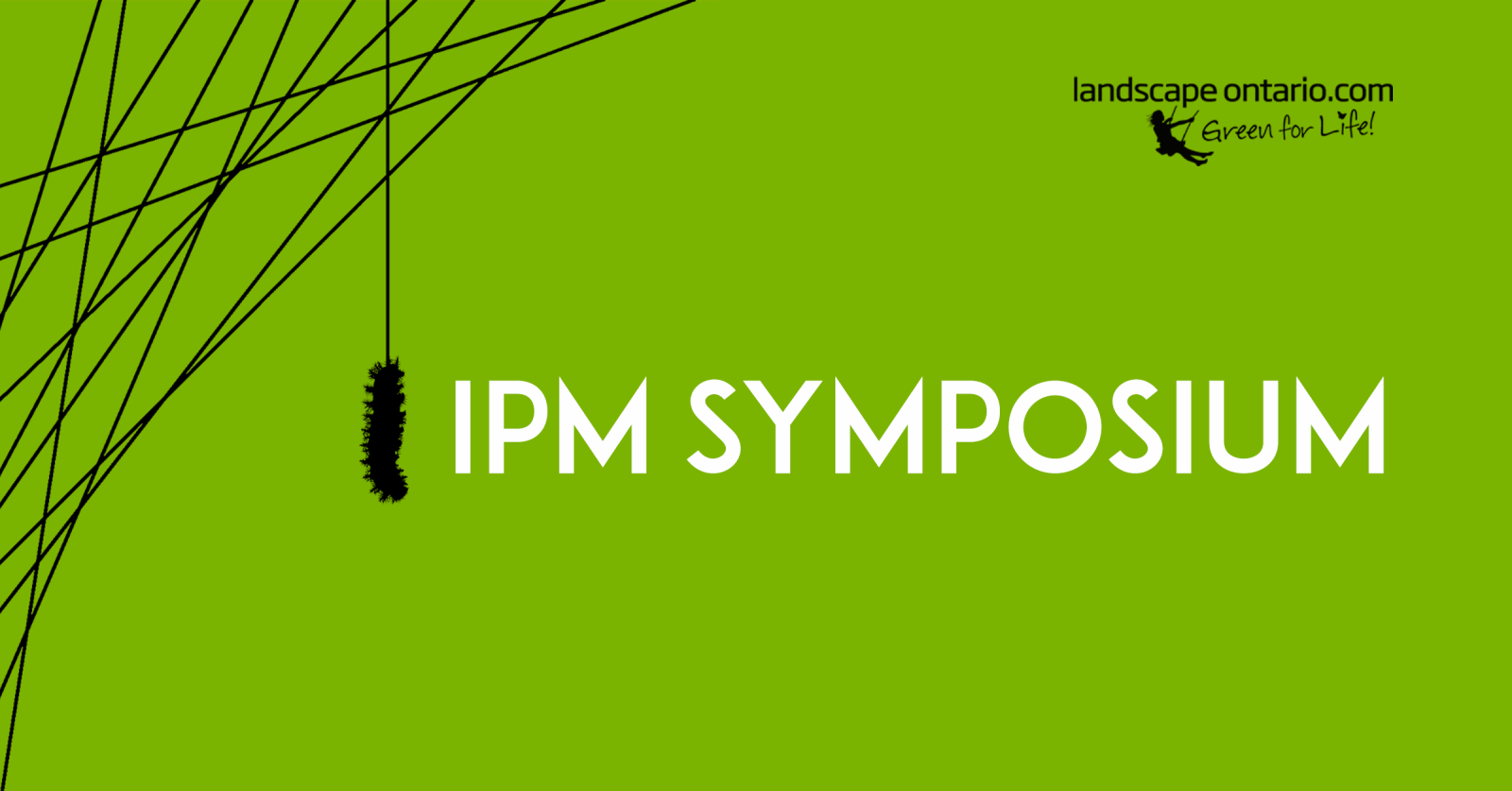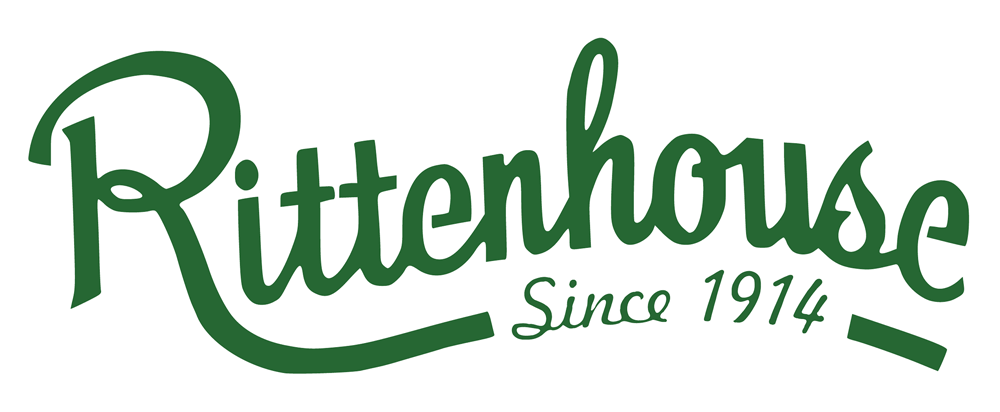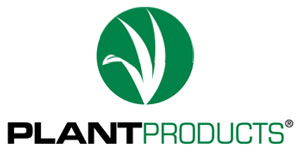Replay Available
Originally aired January 6, 2022
The key to turf IPM is the use of cultural practices that optimize growth of grasses and minimize conditions favourable to pest insects, weeds, or pathogens. Landscape Ontario’s Integrated Pest Management (IPM) Symposium has been a uniquely respected event since 1965.
Pricing:
$75 Member / $100 Non member / $25 Student or Educator
includes full replay access to 2022 IPM Symposium, originally aired live on January 6, 2022.
Access link will be in your registration confirmation.
Welcoming Remarks
Soil Fertility Indicators in Turf
Greg Patterson, B.Sc. (Agr.), P.Ag., C.C.A. | A&L Canada Laboratories
This session will focus on pests as indicators for poor soil fertility. Emphasis will be placed on visual diagnosis as well as practical applications in terms of soil amendment. In support of the main points, we will touch briefly on plant physiology and nutrient uptake as it relates to turfgrass.
Break
Turfgrass endophytes: fungi and bacteria to enhance turf growth, abiotic stress tolerance and pest resistance
Dr. James F. White, Jr. | Department of Plant Biology, Rutgers, The State University of New Jersey
This session will focus on the biology and applications of fungal and bacterial endophytes in turf grasses. The presentation will include coverage of bacterial endophytes and the rhizophagy cycle as well as applications of fungal endophytes.
Break
Cultivars, products, and management. Current applied research for turfgrass management
Eric Lyons, Ph.D. | Guelph Turfgrass Institute | University of Guelph
Sara Stricker, Ph.D. | Guelph Turfgrass Institute | University of Guelph
Applied research in turfgrass management is a primary objective of the Guelph Turfgrass Institute. Each year numerous research projects are performed to advance knowledge of turfgrass management, focusing on new products, cultivars and management ideas from our industry partners. This session will present research that directly impacts management decisions regarding weeds, soil hydrophobicity and diseases with an emphasis on maximizing the environmental and societal benefits of turfgrasses.
Update from the Ministry of the Environment, Conservation and Parks
Scott Olan, BSc (Agri) | Ministry of the Environment, Conservation and Parks
This presentation will provide an overview of MECP’s pesticide program along with inspection and compliance updates. This session will discuss the do’s and don’ts of pesticide use in Ontario along with any upcoming program changes. In addition, Scott will outline a typical MECP inspection and provide answers to common questions received over the past year.
Break
IPM in the Flower Garden: Moving from the theoretical to the practical
Rodger Tschanz, MSc | University of Guelph – Plant Agriculture
This session will look at some of the common and less common disease and insect pests found in the flower garden and discuss practical approaches to the management of those pests. Specific diseases to be covered will include grey mold, white mold, Impatiens downy mildew and powdery mildew. Insect pests to be discussed will include aphids, thrips and Japanese beetle. Other concerns in the flower garden such as deer, ground hogs and rabbits will also be addressed.
Break
Common Diseases in Turf Management
Dr. Paul Koch, Ph.D. | University of Wisconsin – Madison
There are numerous common diseases that can cause significant damage to lawns in Ontario. In this presentation we will discuss which diseases are becoming more damaging in response to climate change, how to identify them, and non-chemical solutions to limit their damage.
Break
Connecting the Dots: Plant Diversity, Pollinators & Pest Management
Joe Boggs | Ohio State University Extension – OSU Dept. of Entomology
Protecting plant pollinators is commonly viewed as only an insecticide use issue. However, we must think more broadly. Pest management and plant pollinators are two sides of the same coin in urban landscape ecosystems. How does the abundance of flowering plants translate into a decreased number of plant pests? How do pollinators themselves play a critical role in the reduced need for insecticides? This presentation reveals the multi-layered connections between pollen, nectar, and a parade of unsung insect heroes that keep pests in check.
This session is eligible for CEUs from ISA. For ISA CEUs, the code # will be displayed at the end of the session, please email info@isaontario.com with the CEU Code # and date you watched the session.
 Greg Patterson
Greg Patterson Eric Lyons
Eric Lyons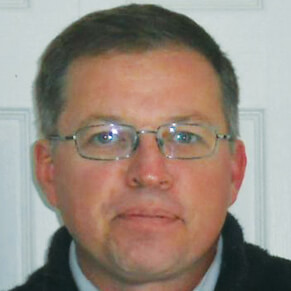 Scott Olan
Scott Olan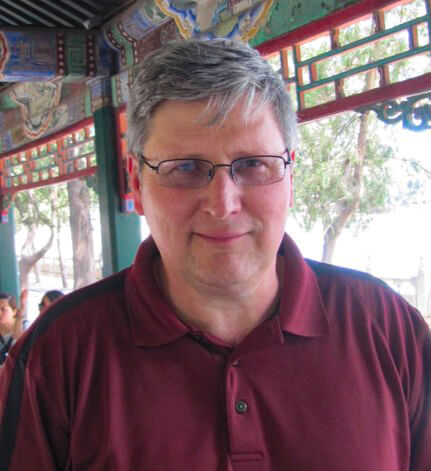 James White
James White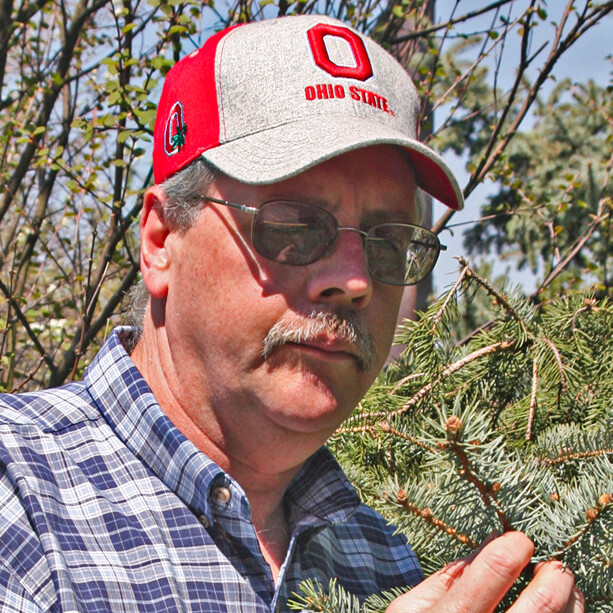 Joe Boggs
Joe Boggs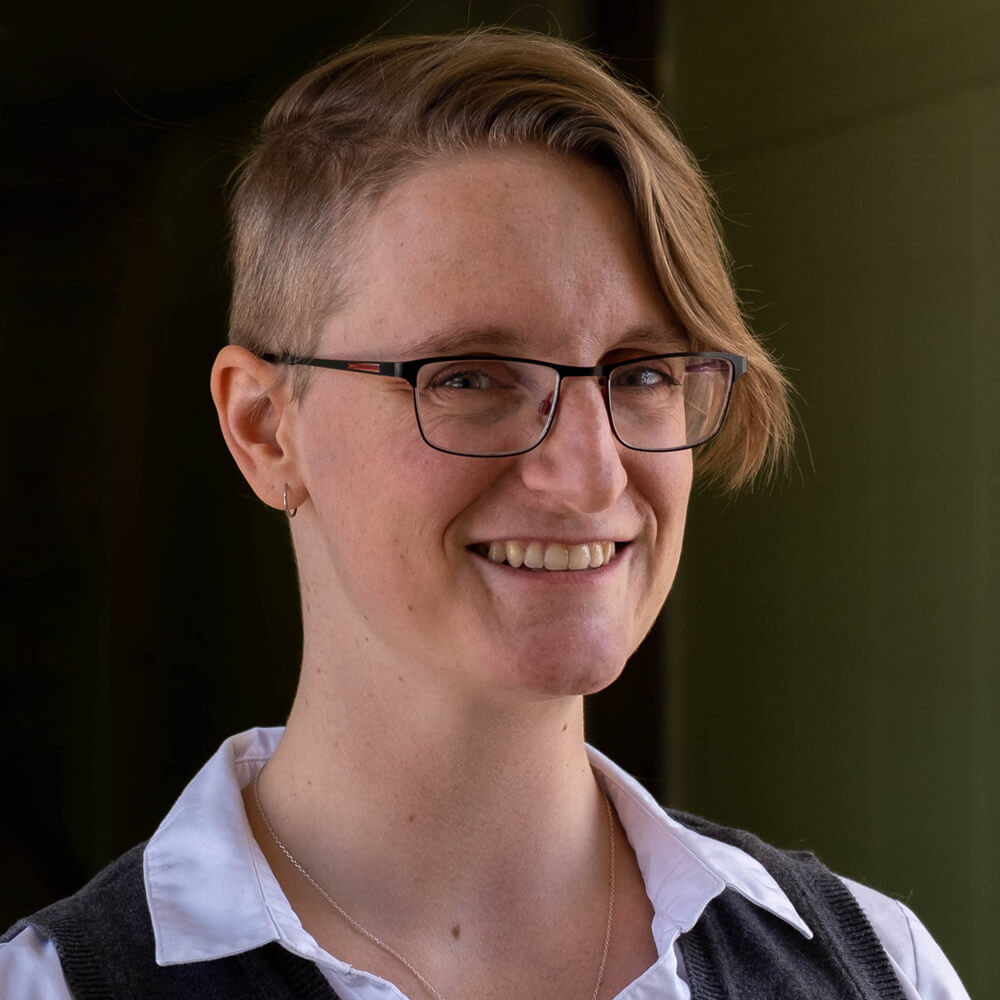 Sara Stricker
Sara Stricker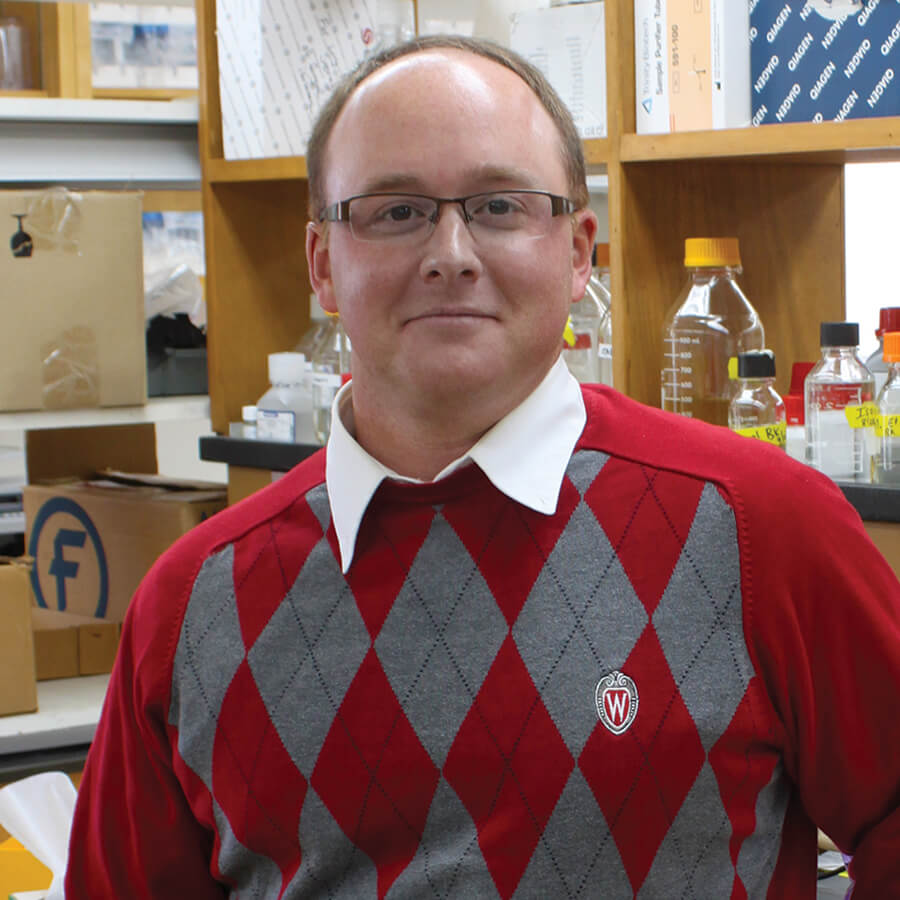 Paul Koch
Paul Koch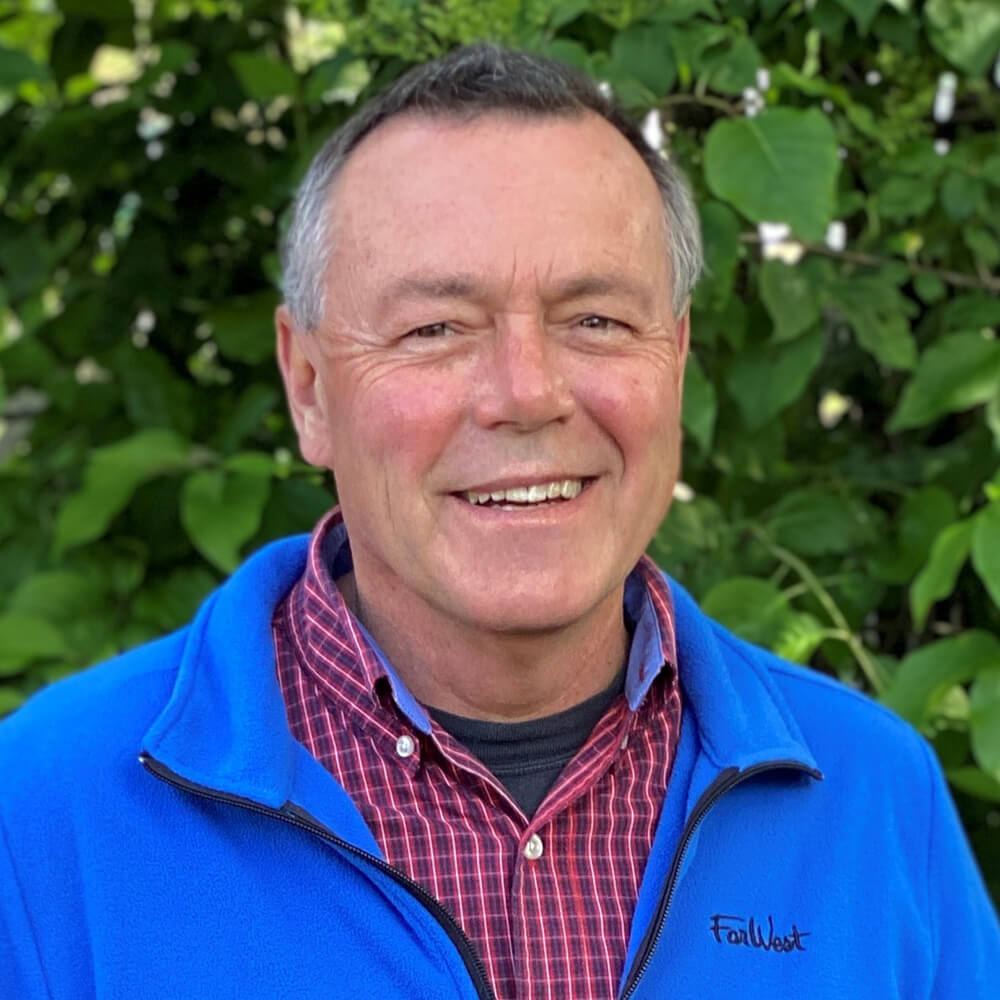 Rodger Tschanz
Rodger Tschanz




